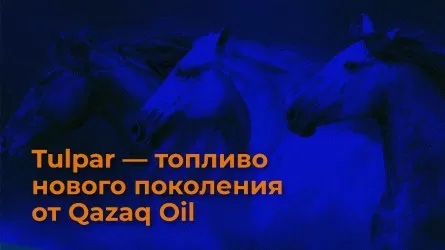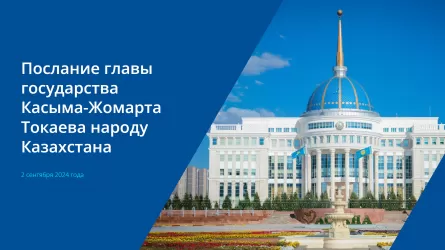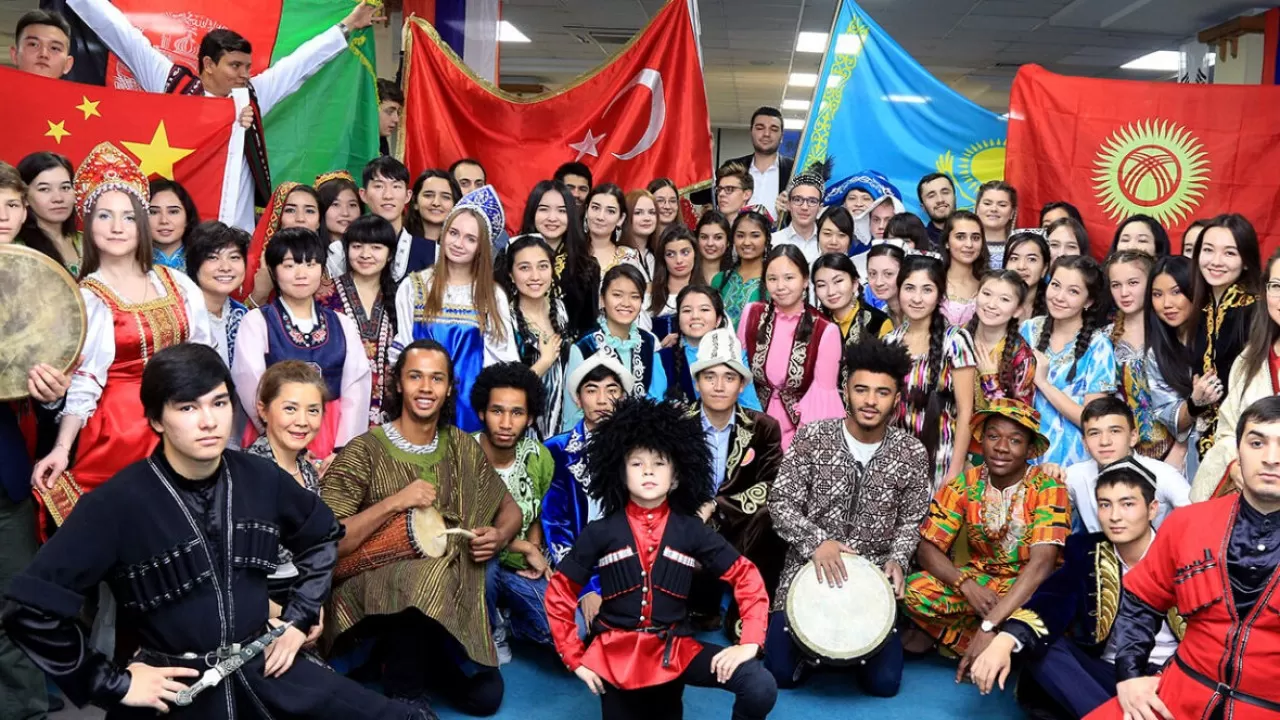The Astana Times – The number of foreign students from the United States, Africa, Russia, and Middle East countries studying in Kazakh universities has increased to 30,000, reports the Kazakh Ministry of Education and Science. 64 percent of students come from the Commonwealth of Independent States (CIS).
According to data released by the Kazakh Bureau of National statistics, the number of foreign students reached 21,727 people in 2018, 39,558 people in 2019, and 29,069 people in 2020.
As Adlet Toibayev, Director of Higher and Postgraduate Education Department of the Ministry of Education and Science, explained, local universities participate in international education fairs that help foreigners learn more about education in Kazakhstan. “Days of Kazakhstan’s Education” events were held in the cities of Bishkek, Kyrgyzstan, and Tashkent in November.
“Besides, our universities attract foreign students by providing special educational grants. Foreign students choose mainly such majors as medicine, pedagogical sciences, business, management and law, social sciences and others,” he added.
To promote the Kazakh national education system around the globe, the government also provides scholarship programs for foreign students and Kazakhs who are not citizens of the country.
Some 89 foreign nationals with successful academic performances were given the opportunity to study in local universities for free in 2019 – during the first year of the program’s implementation. In 2021, this number increased 2.5 times and the government allocated 240 grants at all levels of higher and postgraduate education.
The first year master student Sherif Bukari from Ghana, who studies chemistry at School of Sciences and Humanities of Nazarbayev University (NU), says he chose NU because of the research conducted by the chemistry department and the scholarships the university offers.
“This research is conducted by Dr. Mannix Balanay who is currently my supervisor, and I am now working on another amazing research work where I will be fabricating metal organic frameworks,” he says.
As regards the education standards in the country, he finds it good, but very difficult and demanding.
“But it’s difficult in a good way, because it brings out the best in you – cultivating your ability to handle pressure and manage time appropriately, all in all I like the studies of course. I have indeed found wonderful friends and have to some extent broadened my mind,” Bukari concluded.
Meanwhile, Kazakh universities have been consolidating their positions on the world stage year by year. QS World University Rankings 2022 included 14 Kazakh universities in the list, and Times Higher Education World University Rankings 2022 included three universities.
Additionally, the number of educational programs in English has increased within the country, with the number of qualified foreign specialists rising as a result. They not only share their experience with local educators, but also teach students new technologies and research methods.















